 Even if consumers say smartphone repairability is important to them, brand popularity may be a more important factor in prolonging a device’s life, a study concluded.
Even if consumers say smartphone repairability is important to them, brand popularity may be a more important factor in prolonging a device’s life, a study concluded.

 Even if consumers say smartphone repairability is important to them, brand popularity may be a more important factor in prolonging a device’s life, a study concluded.
Even if consumers say smartphone repairability is important to them, brand popularity may be a more important factor in prolonging a device’s life, a study concluded.
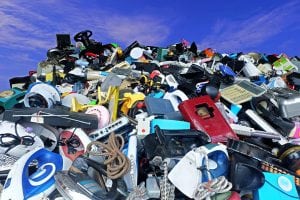 Yale University researchers estimate 3.5 million metric tons of electronics ended up in U.S. landfills in 2015, significantly higher than government estimates.
Yale University researchers estimate 3.5 million metric tons of electronics ended up in U.S. landfills in 2015, significantly higher than government estimates.
A comprehensive report prepared for the Closed Loop Foundation digs deep into the current recycling landscape for e-scrap and electrical appliances. It also notes the industry needs to equip itself to handle a shifting material stream.
 A recent data security study shows a quarter of U.S. data breaches are caused by human error. Breaches are also increasing in frequency and costing companies more to manage.
A recent data security study shows a quarter of U.S. data breaches are caused by human error. Breaches are also increasing in frequency and costing companies more to manage.
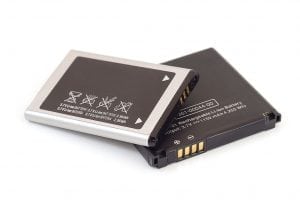
Global e-scrap flows have helped China dominate lithium-ion battery recycling but have hampered similar efforts in North America, according to a recently published report.
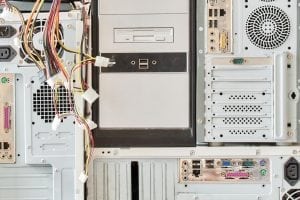 The national recycling rate for consumer electronics has fallen 2 percentage points, according to U.S. EPA estimates.
The national recycling rate for consumer electronics has fallen 2 percentage points, according to U.S. EPA estimates.
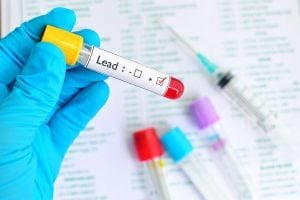 This story has been updated.
This story has been updated.
Bathroom doors, a water cooler handle, a refrigerator – their surfaces carried lead, cadmium and other hazardous metals, according to studies at two e-scrap facilities.
 Projects advancing e-scrap recovery will receive funding through a federal initiative to support U.S. manufacturing and energy efficiency.
Projects advancing e-scrap recovery will receive funding through a federal initiative to support U.S. manufacturing and energy efficiency.
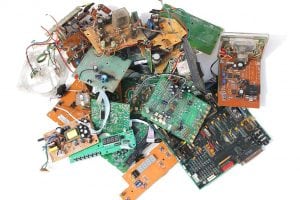 Several minerals used in electronics were recently deemed critical to the economic and national security of the U.S.
Several minerals used in electronics were recently deemed critical to the economic and national security of the U.S.
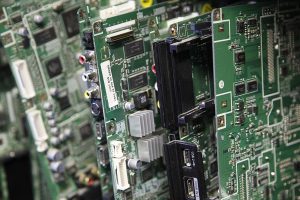 A project in Europe seeks to scale up a new technique for recovering metals from printed circuit boards and other electronic components.
A project in Europe seeks to scale up a new technique for recovering metals from printed circuit boards and other electronic components.
